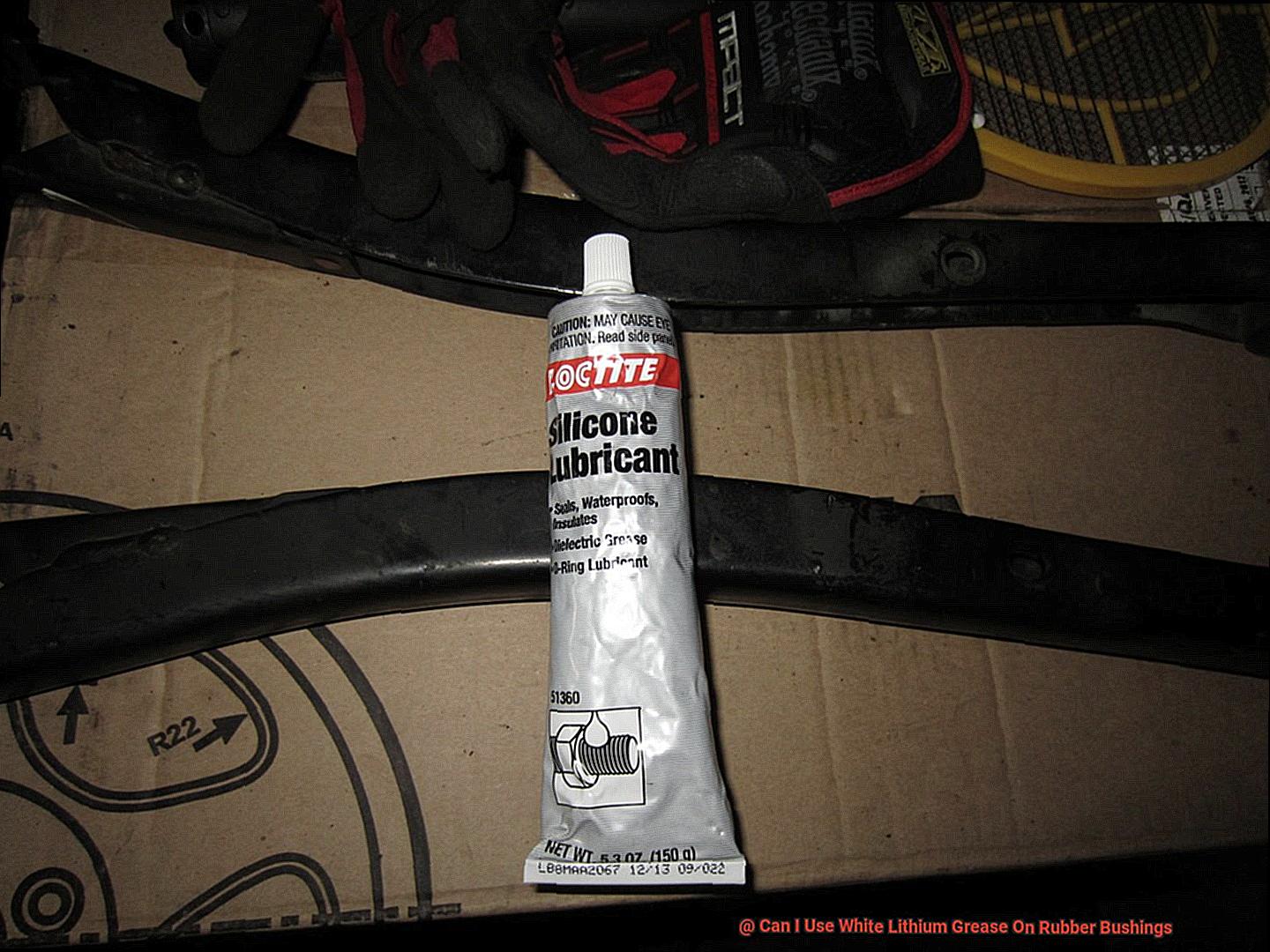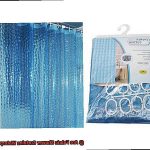Do you need to lubricate your rubber bushings? White lithium grease can be used on them, and it comes with many benefits. In this blog post, we’ll explore the advantages of using white lithium grease on rubber bushings.
We’ll also look at how to use the product correctly and tips for keeping the bushings in good shape.
Plus, we’ll discuss some of the drawbacks so you can make an informed decision about whether or not it’s right for your vehicle.
Let’s get started.
Contents
- 1 Overview of Rubber Bushings
- 2 Is White Lithium Grease Safe for Rubber Bushings?
- 3 When Not to Use White Lithium Grease on Rubber Bushings
- 4 When to Use White Lithium Grease on Rubber Bushings
- 5 Can I Use White Lithium Grease for Plumbing?
- 6 Is There a Special Type of White Lithium Grease for Rubber Materials?
- 7 Tips to Consider Before Using White Lithium Grease on Rubber Bushings
- 8 Alternatives to White Lithium Grease for Rubber Bushings
- 9 Conclusion
Overview of Rubber Bushings
Rubber bushings are an essential part of many vehicles, machines, and household appliances, providing a cushion between two moving parts to reduce vibrations and noise. They are preferred over metal bushings due to their durability and weather-resistance, but require routine maintenance to ensure optimal performance. One way to maintain rubber bushings is through lubrication with the right kind of grease.
White lithium grease has become a popular choice for lubricating several parts due to its excellent lubricating and anti-corrosion properties. However, caution should be taken when using it on rubber bushings – the solvent in the grease can dissolve the rubber compound over time, leading to swelling or cracking of the bushing.
To avoid costly repairs or replacements, it’s important to check with the manufacturer first to ensure that any type of grease is compatible with the rubber compound being used. Some companies produce special white lithium grease specifically designed for rubber products that is safe for use.
Is White Lithium Grease Safe for Rubber Bushings?
Rubber bushings are essential components for reducing vibrations and noise in machinery and vehicles. To keep them running at their best, they must be lubricated with the right kind of grease. White lithium grease is a popular choice, but can it be safely used on rubber bushings?
The answer is yes – when used correctly. White lithium grease is a petroleum-based lubricant that offers excellent anti-corrosion and lubrication capabilities, as well as resistance to oxidation and high temperatures. This makes it an ideal choice for protecting rubber bushings from environmental factors such as moisture and dirt.
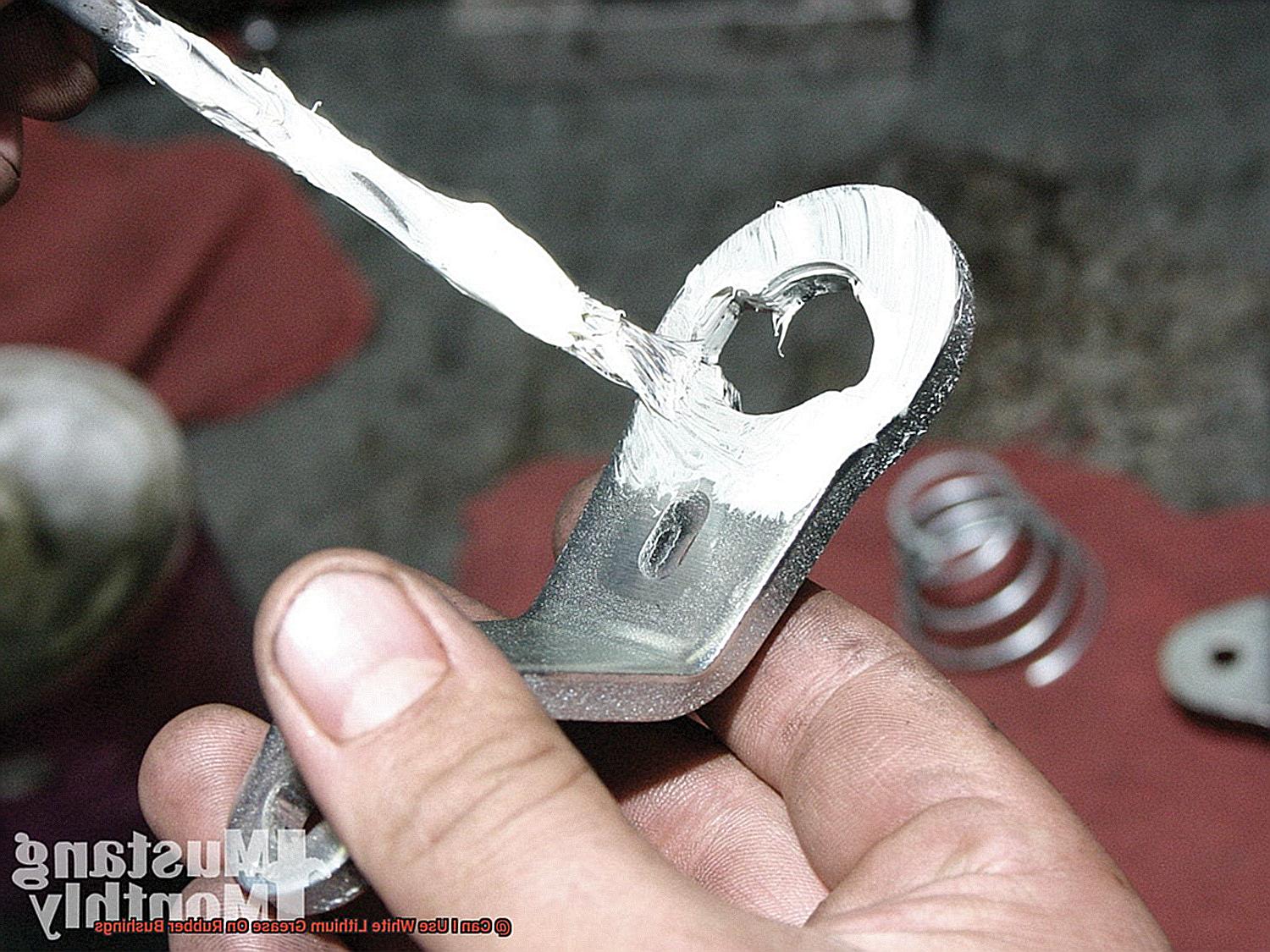
However, it’s important to remember not to over-lubricate rubber bushings with white lithium grease. Doing so will cause the bushing to swell or deteriorate, which can ultimately affect performance and lead to premature failure.
Additionally, silicone-based lubricants should not be used on rubber bushings as they can cause the material to break down over time.
When Not to Use White Lithium Grease on Rubber Bushings
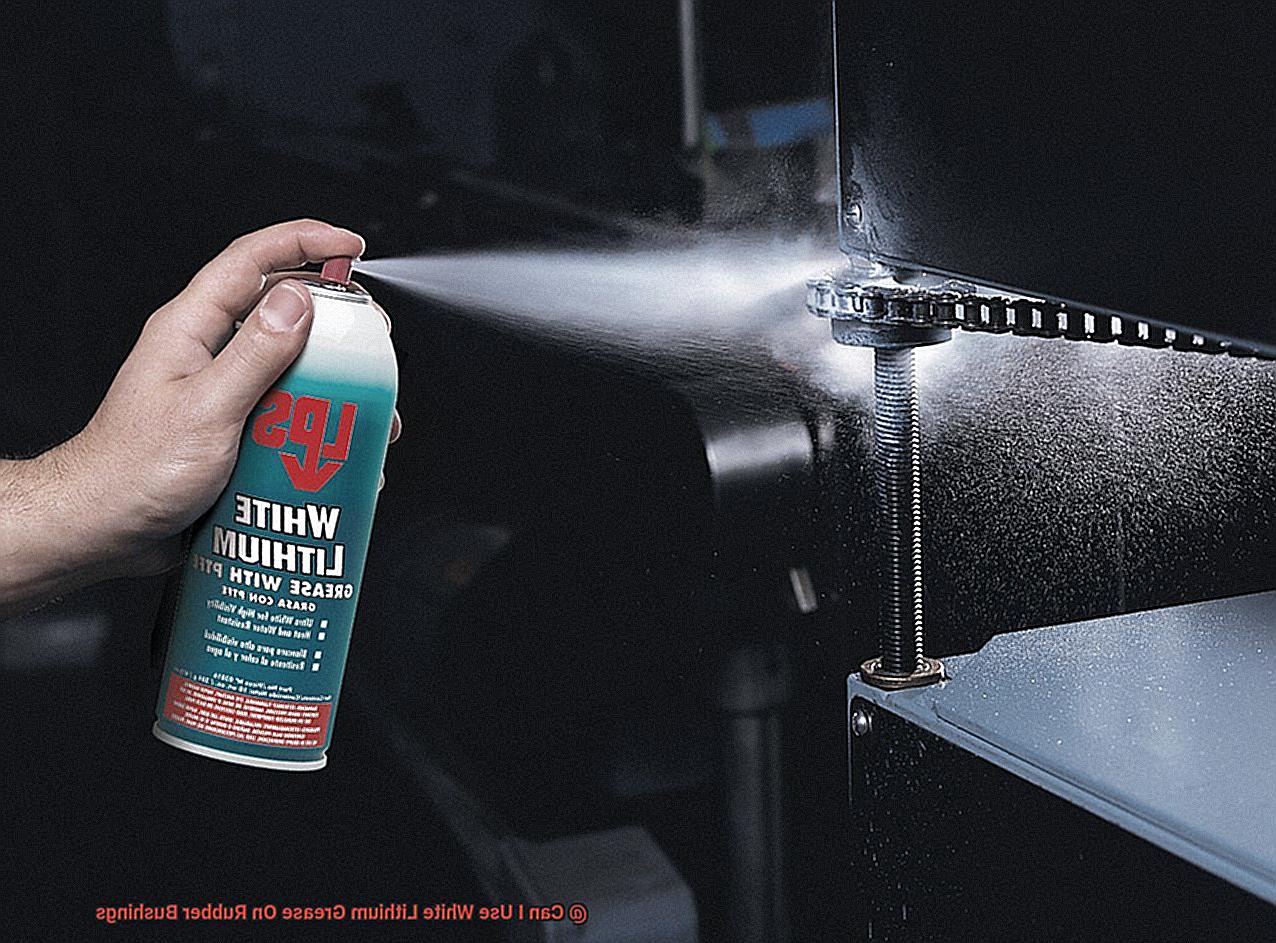
White lithium grease is an effective lubricant and anti-corrosive agent for rubber bushings, but it’s important to ensure it’s the right choice for your specific type of rubber material.
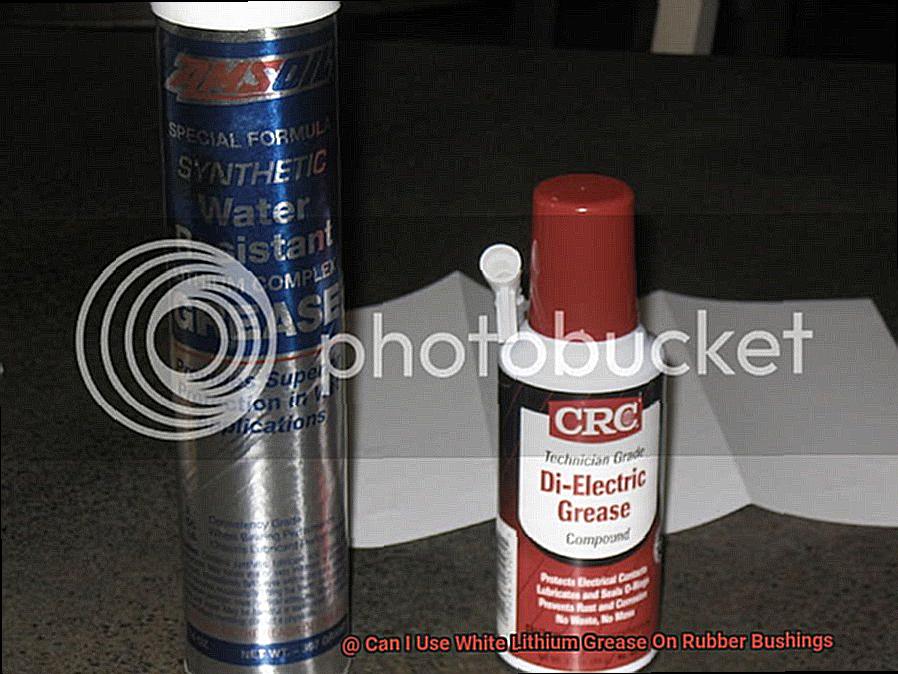
Natural rubber and EPDM are not compatible with petroleum-based products like white lithium grease, and can cause swelling, cracking and deterioration over time if used. This could lead to the bushing’s failure or hazardous situations while driving or operating machinery.
Temperature range is another factor to consider when deciding whether to use white lithium grease on rubber bushings. At extreme temperatures, white lithium grease may become less effective or even break down, so a different lubricant specifically designed for those conditions should be used instead.
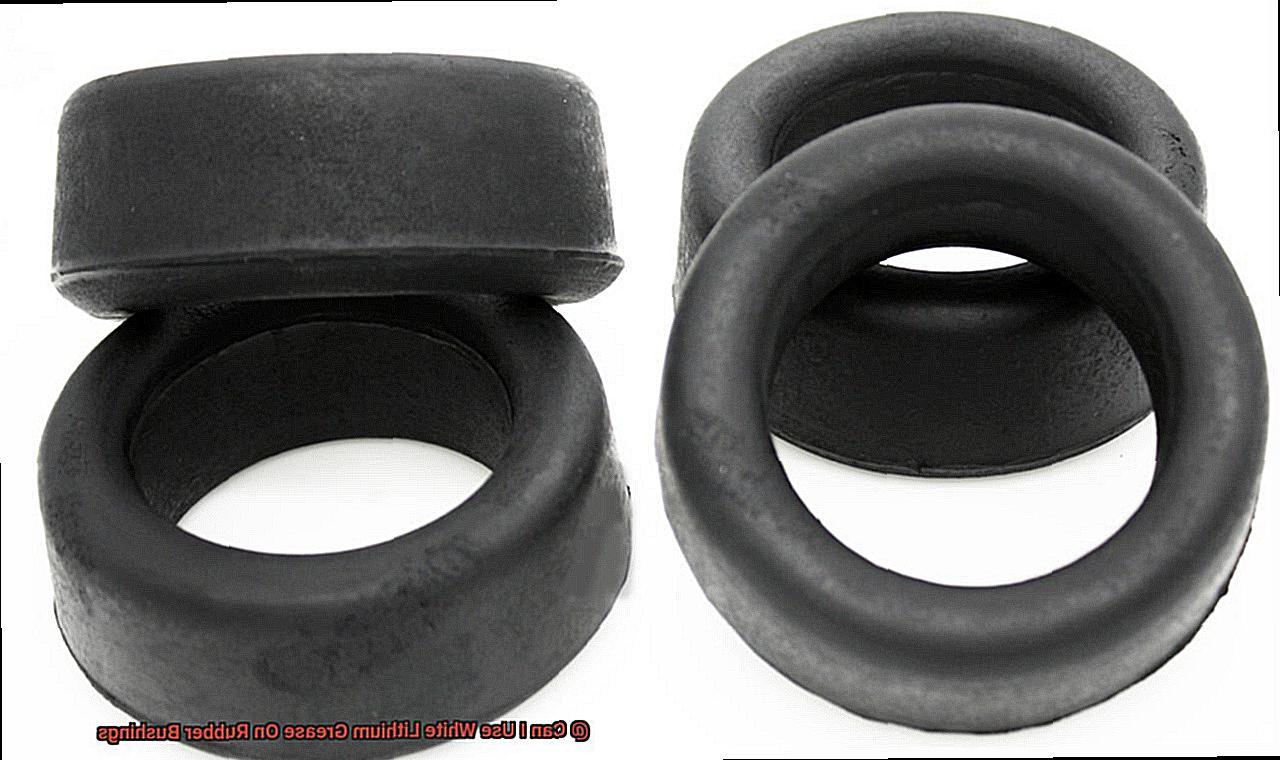
Finally, some rubber bushings may already have a factory-applied lubricant that is tailored to the particular material. Adding an alternative type of lubricant like white lithium grease could disrupt this factory lubricant and cause damage or failure to the bushing.
When to Use White Lithium Grease on Rubber Bushings
Rubber bushings are the superheroes of machines, taking on heavy loads and keeping everything running smoothly. But like any superhero, rubber bushings need the right lubricant to ensure they don’t crack under pressure. White lithium grease is a popular lubricant for this purpose and can be used effectively in certain cases.
For instance, white lithium grease can be used if the rubber bushings are exposed to extreme temperatures or harsh weather conditions. The lubricating properties of white lithium grease help protect the bushings from cracking or drying out. It can also reduce wear and tear on high-stress areas that experience a lot of friction and pressure, thus extending their lifespan.
However, it’s important to note that white lithium grease is not suitable for all types of rubber bushings. Certain types of rubber, such as those found in some automotive suspension systems, may be damaged by this type of lubricant.
Be sure to check with the manufacturer’s specifications or consult a professional before applying white lithium grease to your particular type of bushing.
Can I Use White Lithium Grease for Plumbing?
White lithium grease is a thick, long-lasting lubricant that can be used in a variety of industries, including plumbing. It helps reduce friction and wear while also creating a barrier between metal surfaces to prevent corrosion and rust. However, not all types of white lithium grease are suitable for use in plumbing and it’s important to choose the right kind.
When selecting white lithium grease for plumbing applications, make sure that it is specifically designed for use in this area. Additionally, check the temperature range of the grease you’re using as some may not be suitable for high-temperature applications involving hot water or steam.
Is There a Special Type of White Lithium Grease for Rubber Materials?
The answer is no, but that doesn’t mean you can’t use it. As long as you take the right precautions, white lithium grease can be used on rubber bushings without causing any harm.
First, check with the manufacturer to make sure that your rubber bushings are compatible with white lithium grease. Then, select a high-quality grease that is designed for general-purpose lubrication and contains a limited number of additives.
Depending on the application, you may need to opt for a high-temperature or anti-corrosion version of the grease.
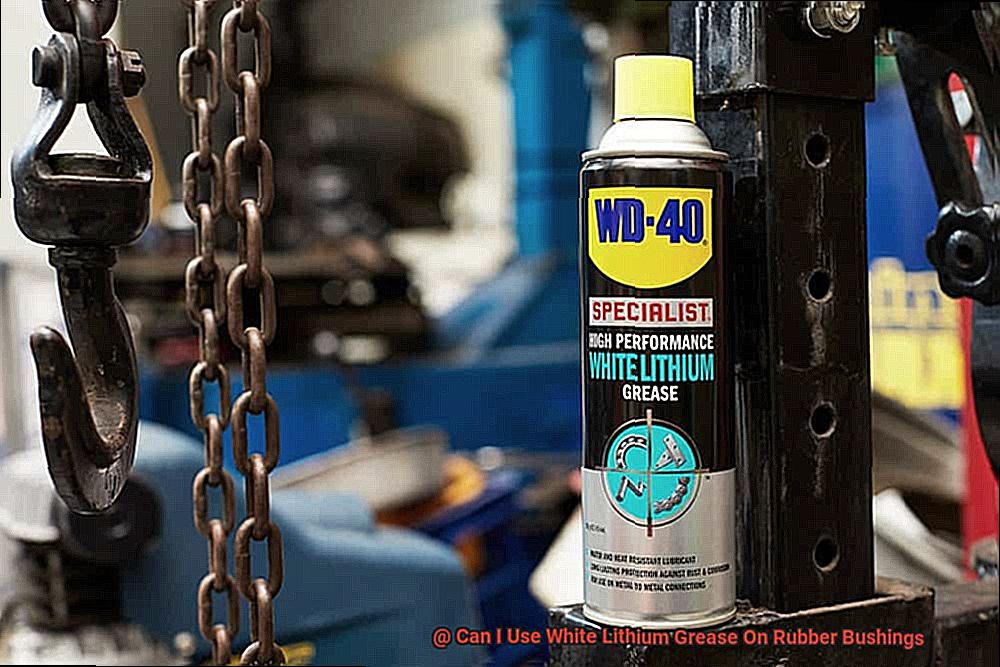
Tips to Consider Before Using White Lithium Grease on Rubber Bushings
Rubber bushings are an essential part of many machines, providing a cushion between two parts and allowing them to move freely. To ensure that the bushings perform at their best, they must be properly lubricated.
White lithium grease is a popular choice for lubricating rubber bushings, but it is still important to use it correctly in order to prevent any damage or degradation. Here are five tips to consider before using white lithium grease on rubber bushings.
Check compatibility
Not all lubricants are compatible with rubber materials, so it’s essential to check if your rubber bushings are compatible with white lithium grease before using it. Using the wrong lubricant could cause the rubber to degrade, crack, or swell, leading to premature failure or reduced performance.
Clean and dry
Before applying any lubricant, make sure the rubber bushings are free of any debris, dust, or moisture. Wipe the surfaces with a clean rag and let them dry before applying the grease.
Get the right amount
Over-applying or under-applying grease can lead to problems. Over-applying may cause the grease to migrate out of the bushing and onto other surfaces, leading to contamination or loss of lubrication.
Under-applying may result in insufficient lubrication, increased wear, or even damage to the rubber bushing. So follow the manufacturer’s recommendations for the right amount of white lithium grease to apply.
Test first
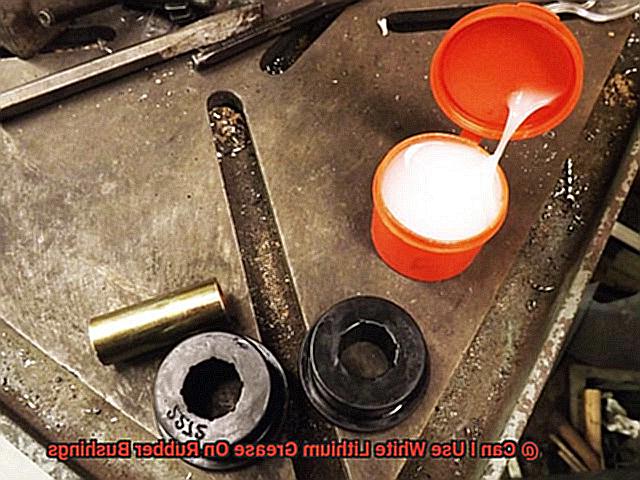
If you’re unsure about the compatibility or effectiveness of white lithium grease on your rubber bushings, conduct a small test before applying it fully. Apply a small amount of grease to a portion of the bushing and wait for a few days to see if there are any adverse reactions such as cracking or swelling.
Monitor results
After applying lubricant, keep an eye on your rubber bushings for any signs of wear or degradation over time and remove and inspect them if necessary. This will help you determine whether you need different lubricants for increased durability and long life of your bushings..
Alternatives to White Lithium Grease for Rubber Bushings
When it comes to lubricating rubber bushings, white lithium grease isn’t always the best choice. Fortunately, there are several alternatives that offer superior protection and performance for your parts.
Silicone spray is one of the most popular options for rubber bushings. Specifically designed for use on rubber and plastic, this lubricant is resistant to water and won’t attract dirt or other contaminants like petroleum-based lubricants can.
For high-temperature applications, dry lubricants such as graphite powder or molybdenum disulfide are excellent alternatives. These lubricants reduce friction between parts, making them less likely to trap dirt and cause wear on rubber bushings over time.
Before using any kind of lubricant on your rubber bushings, make sure to check with the manufacturer first. Different kinds of rubber have different characteristics, so you want to be sure that you’re using a product that won’t damage them in the long run.
Conclusion
In conclusion, white lithium grease can be an effective lubricant for rubber bushings in some cases. It offers anti-corrosion and lubricating properties, as well as resistance to oxidation and high temperatures.
However, it’s essential to check with the manufacturer first to make sure that any type of grease is compatible with the rubber compound. Some may cause swelling or cracking over time. Additionally, silicone-based lubricants should be avoided as they may damage the material.
Alternatives such as silicone spray or dry lubricants may be more suitable for protecting your bushings from wear and tear.

